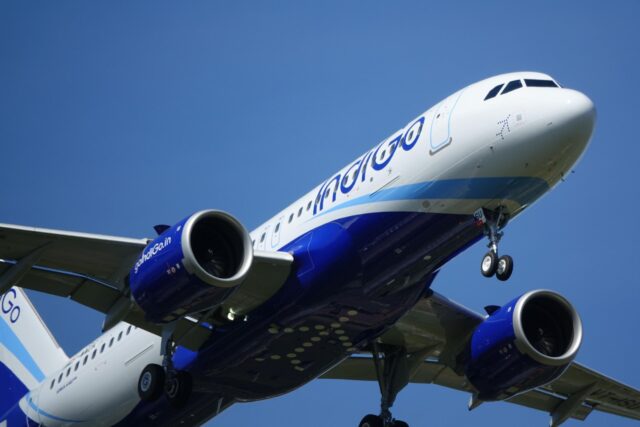
Following consultation with the Federal Aviation Administration (FAA), the National Transport Safety Board (NTSB) and customers, Boeing has temporarily grounded all 737 MAX operations.
Boeing says it is grounding the fleet “out of an abundance of caution”. It is temporarily suspending operations of the entire global fleet of 371 737 MAX aircraft.
This follows two recent crashes involving the 737 MAX model.
On March 10, Ethiopian Airlines flight ET 302 crashed shortly after take-off from Nairobi on its way to Addis Ababa with 149 passengers and eight crew members on board.
It is the second crash involving the Boeing 737 MAX 8 model in recent months. In October, a Lion Air plane crashed into the sea off the Indonesian capital of Jakarta, killing all 189 onboard.
FAA finds new evidence
The FAA said new evidence collected at the site of the Ethiopian Airlines crash, together with newly refined satellite data, led to its decision to order the temporary grounding of Boeing 737 MAX aircraft operated by US airlines or in US territory.
Many countries, including Ethiopia, Singapore, China, France, Ireland, Germany, Australia, Indonesia and Malaysia had already suspended the 737 Max.
“On behalf of the entire Boeing team, we extend our deepest sympathies to the families and loved ones of those who have lost their lives in these two tragic accidents,” said Dennis Muilenburg, president, CEO, Chairman of The Boeing Company.
“We are supporting this proactive step out of an abundance of caution. Safety is a core value at Boeing for as long as we have been building airplanes, and it always will be. There is no greater priority for our company and our industry. We are doing everything we can to understand the cause of the accidents in partnership with the investigators, deploy safety enhancements and help ensure this does not happen again.”
Subscribe to our weekly newsletter
















